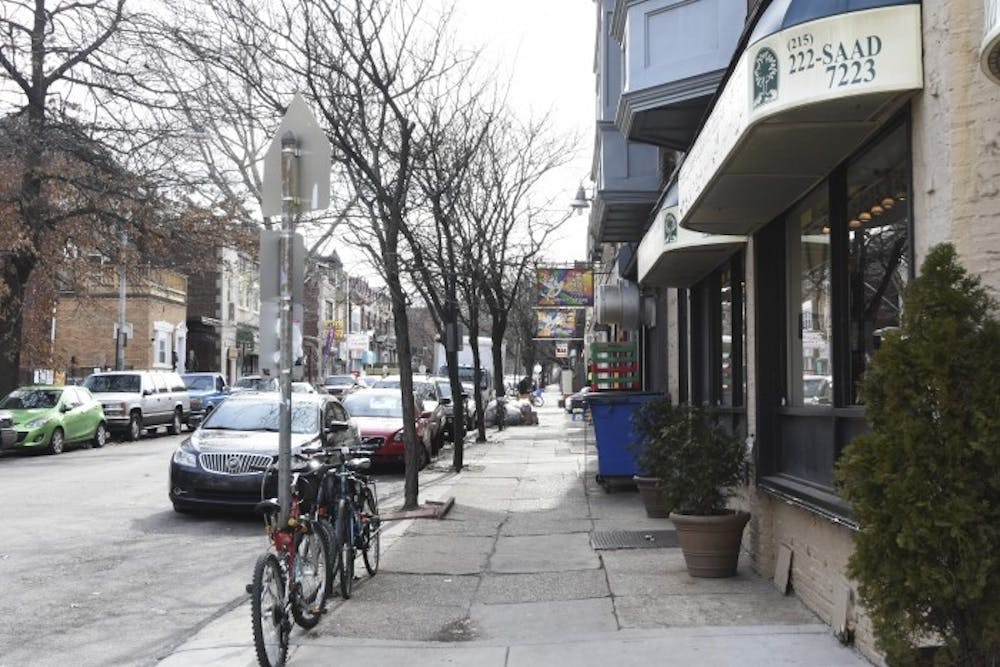
City officials announced on Jan. 23 that Philadelphia plans to become the first city in the United States to allow supervised drug injection sites.
This comes less than two weeks after Pennsylvania declared a statewide disaster emergency in response to the opioid crisis. Philadelphia also filed a lawsuit against certain pharmaceutical companies that prescribe opioids on Jan. 17.
According to The Washington Post, public health officials have argued supervising drug injections would combat the opioid epidemic. Public Health Commissioner Thomas Farley stated the sites could be “a life-saving strategy and a pathway to treatment” and an intelligent first step towards solving the opioid crisis.
Philadelphia has the highest opioid overdose rate compared to other large US cities. In 2017, more than 1,200 people fatally overdosed.
At these safe injection sites, people would be able to use syringes under the supervision of a doctor or nurse. While critics have argued that these sites seem to undermine sources for treatment and prevention, these sites allow supervisors to administer an overdose antidote if necessary.
In the past years, Penn researchers have researched opioid-related deaths. Penn faculty members, such as Emergency Medicine professors Jeanmarie Perrone and Zachary Meisel, have been working to “combat the opioid epidemic in Philadelphia.”
Penn faculty members also participated in Philadelphia Mayor Jim Kenney’s task force last year to address this epidemic in Philadelphia. Additionally, Fellows of the Penn Center for Public Health Initiatives, to address the problem, have offered shelter, medical consultations, and recovery plans to Philadelphia residents.
Setting up supervised drug injection sites, however, is Philadelphia’s newest approach to combating the opioid epidemic.
“No one here condones or supports illegal drug use in any way,” Farley told the Post. “We want people saddled with drug addiction to get help.”
The Daily Pennsylvanian is an independent, student-run newspaper. Please consider making a donation to support the coverage that shapes the University. Your generosity ensures a future of strong journalism at Penn.
Donate







